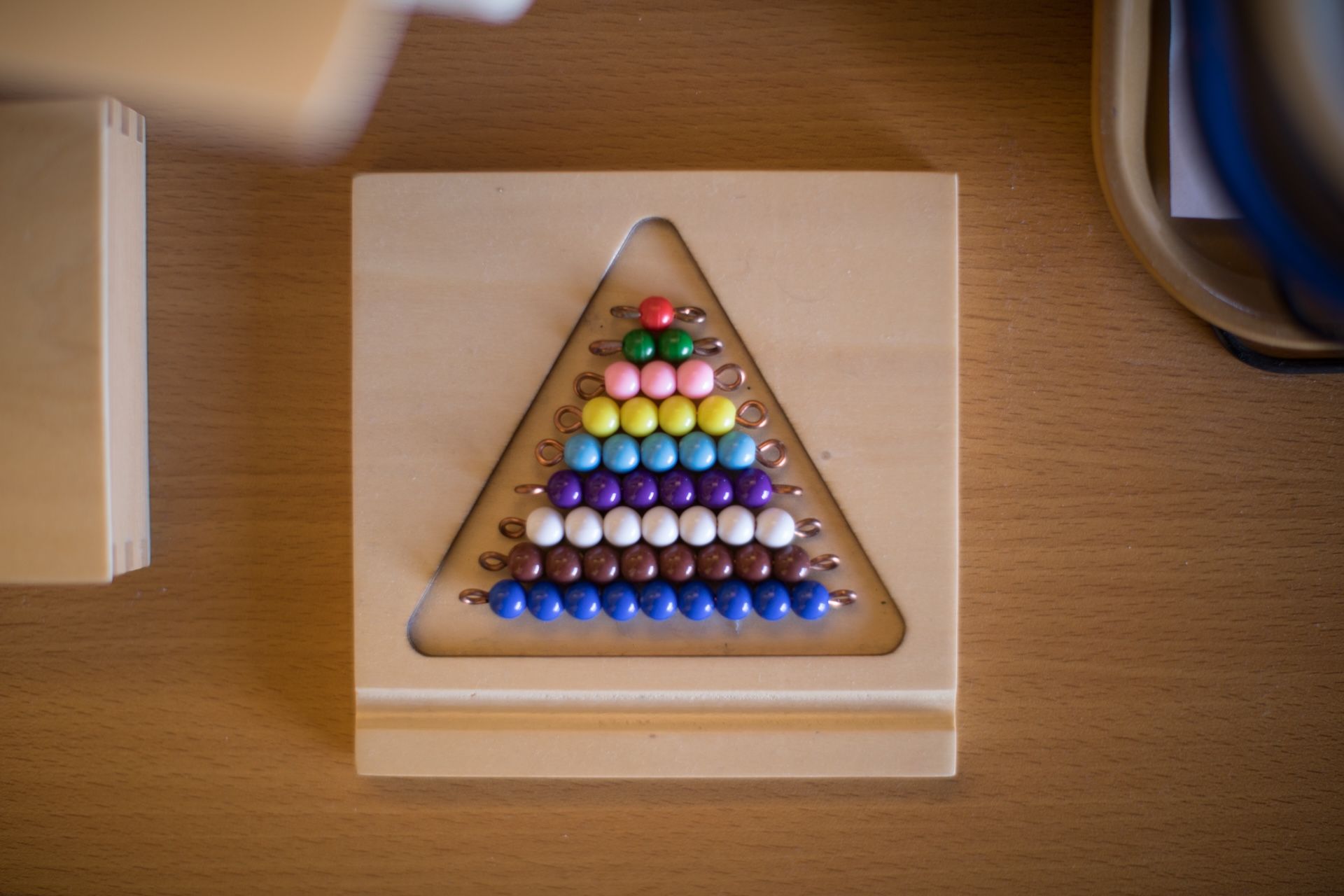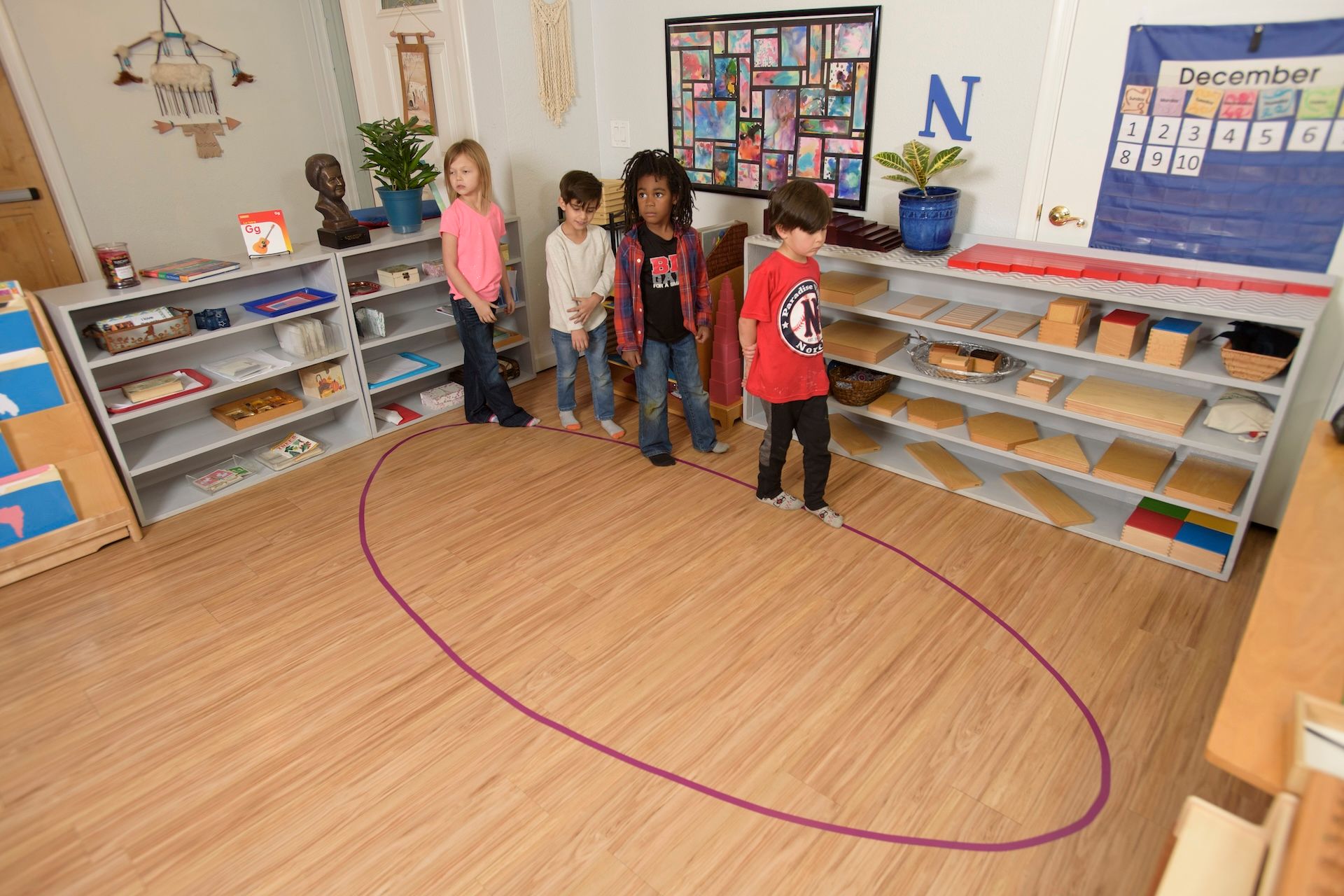Most commonly, parents are trying to decide whether traditional education is right for their child before they become familiar with Montessori. American education has evolved substantially over the last fifty years, in positive and negative ways. Punishments are usually less severe but a significant influx of standardized testing has a lot of teachers frustrated and pushing back against the curriculum. Child-centered education is gaining ground but a lot of public and private educational plans that are not individualized naturally. Exceptional educators can make a huge impact regardless of the curriculum, but having a model that is focused on the promotion of child-directed activity can have very strong benefits. When comparing educational philosophies, it’s too simplistic to say that one is “better” or “worse.” Children have positive and negative educational experiences in any school because no two children will learn exactly the same way. Instead, it’s best to highlight differences and make determinations on what you think your child will respond to best.

Montessori education has completely different standards of evaluation that look at a student’s strengths and weaknesses.
Stepping Out of the Traditional Classroom
Traditional education uses of a highly structured environment, from pre-assigned reading pages to the “tyranny of bells” that reminds children when it’s time to get up, to go elsewhere or more into a different space. The rules are much stricter because there is an assumption that the child’s intelligence is not fully present. This level of structure can be good for some children. A more authoritarian environment has had positive impacts in some circumstances.
Setting Goals
However, it’s important to consider that this may not lead to the highest level of preparedness for the real world. Life itself is not a structured environment. We make choices daily about how to manage our time—cook breakfast, get the kids to school, get to work, have dinner ready. A lot of us struggle to balance all of our commitments and ideas and juggle our responsibilities with our goals. There are many who feel that traditional education has become increasingly separated from its intended purpose to guide children into the community of adults. Montessori education moves away from the lecture-based model and gives children a chance to explore different activities with similar educational goals. Normalizing decision making early on in childhood can help in adult life when the questions are much more difficult or when they have to prioritize tasks to get everything done.
Personal Evaluations
Another noteworthy difference is the system of negative consequences in traditional education with positive reinforcement in Montessori education. A traditional grading system lacks nuanced evaluation and assigns numbers and letters to success rates. These tactics have produced a great many students who memorize for the purposes of examination and then flush it all away once the test is done. Measuring success in test scores and performance levels lead to the perception that students are lazy or naturally unintelligent. Montessori education has completely different standards of evaluation that look at a student’s strengths and weaknesses. Our instructors conduct personal evaluations and will attempt to adjust activities or create entirely new ones to find the right learning path for a specific student.
Record of Success
Many successful people have come from a traditional education system but a surprising number of them disagree fundamentally with its execution. Bertrand Russell, a noted 20th-century philosopher, praised the Montessori process by saying, “The old idea was that children could not possibly wish to learn… It has been found that this was entirely due to lack of skill in pedagogy.” Montessori has turned traditional education on its head and the benefits experienced by thousands of children over the last hundred years seem to indicate a broader success rate than traditional education.
The post Comparing Traditional and Montessori Education appeared first on Pebblecreek Montessori.
Hours
MONDAY - FRIDAY
HALF DAY: 8:30a – 12 noon
ACADEMIC DAY: 8:30a – 3:30p
EARLY CARE: 7:00a – 8:30a
AFTER CARE: 3:30p – 6:00p
OFFICE: 8:00a - 4:00p
Programs
Connect
Pebblecreek Montessori




